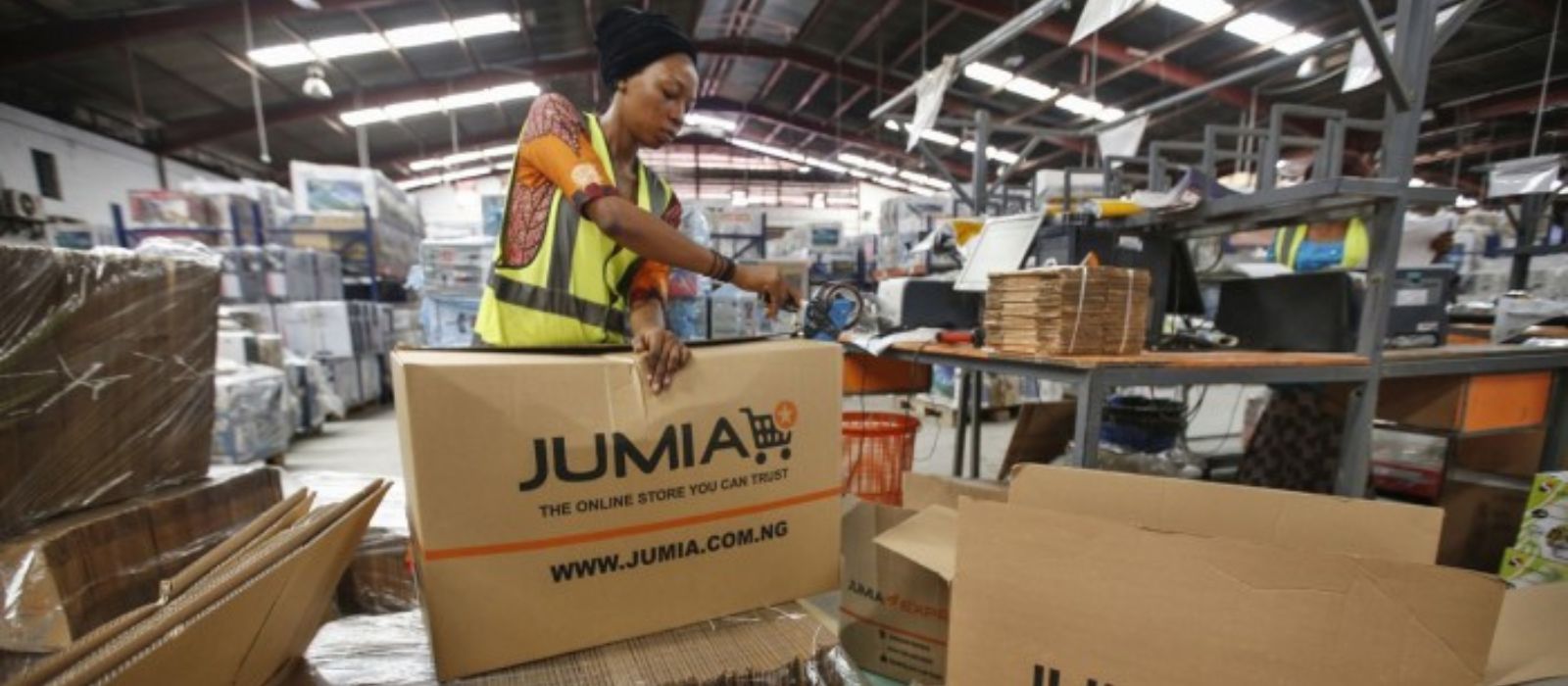
Jumia Technologies, Africa’s foremost e-commerce platform, has announced a strategic retreat from South Africa and Tunisia, signalling a decisive shift in its operational priorities amidst intensifying competition from global giants Amazon and Temu. This move marks a significant recalibration as Jumia seeks to fortify its position in more lucrative markets across the continent.
The decision to exit South Africa and Tunisia follows a meticulous evaluation of market profitability and growth potential. These two markets, contributing a modest 3.5% and 2.7% respectively to Jumia’s gross merchandise volume (GMV), have been deemed non-essential to the company’s broader objectives. By focusing on its nine core markets—Nigeria, Egypt, Kenya, Morocco, Algeria, Ghana, Ivory Coast, Senegal, and Uganda—Jumia aims to maximise scalability and financial viability.
The company’s chief executive, Francis Dufay, stated in a recent interview that this realignment is critical to ensuring the long-term sustainability of Jumia’s operations. “This decision allows us to channel resources into markets where we see the most promise,” Dufay remarked.
Since its inception in 2012, Jumia has been a trailblazer in African e-commerce, providing an integrated platform that supports third-party sellers while offering a diverse range of services, from Jumia Logistics to JumiaPay. Yet, profitability has remained elusive, with the company reporting consecutive annual losses for over a decade. In its pursuit of financial stability, Jumia has undergone significant restructuring, including workforce reductions and scaling back on services such as first-party grocery delivery in select markets.
The challenges confronting Jumia are symptomatic of broader structural issues within Africa’s e-commerce ecosystem. Despite the continent’s growing internet penetration and mobile connectivity, inadequate infrastructure, limited access to digital payment systems, and low consumer purchasing power continue to hinder market expansion. Moreover, the depreciation of local currencies in several African countries has exacerbated these difficulties, further straining Jumia’s financial performance.
The arrival of foreign players such as Amazon and Temu has introduced a new dimension of competition. Amazon’s entry into Sub-Saharan Africa, marked by the launch of its South African site earlier this year, signals a long-term commitment to the region. The platform offers a streamlined shopping experience, including expedited delivery options and competitive pricing. Similarly, Temu, owned by Chinese giant Pinduoduo, has made inroads with its South African launch, leveraging cross-border e-commerce to appeal to cost-sensitive consumers.
These developments underscore Africa’s growing appeal to international e-commerce firms, driven by its expanding consumer base. By 2025, the number of e-commerce users across the continent is projected to reach 519 million, representing a penetration rate of 39.5%. The ubiquity of mobile devices has further accelerated this trend, with mobile commerce dominating markets in Nigeria, Kenya, and Morocco.
Jumia, often hailed as Africa’s answer to Amazon, now faces the daunting task of navigating this competitive landscape while addressing its internal challenges. Although the company’s first-mover advantage has cemented its brand recognition, questions persist about its ability to sustain growth against well-capitalised global rivals.
As the African e-commerce sector matures, Jumia’s leaner strategy could prove pivotal. By concentrating on its strongest markets and streamlining operations, the company has an opportunity to leverage its local expertise and extensive network of sellers. However, its success will hinge on its ability to adapt to evolving consumer demands and mitigate the structural barriers that have historically impeded progress.
While foreign entrants bring deep pockets and technological innovation, Jumia’s intimate understanding of Africa’s unique market dynamics remains its competitive edge. Whether this advantage will translate into profitability in the face of formidable international competition remains an open question.


